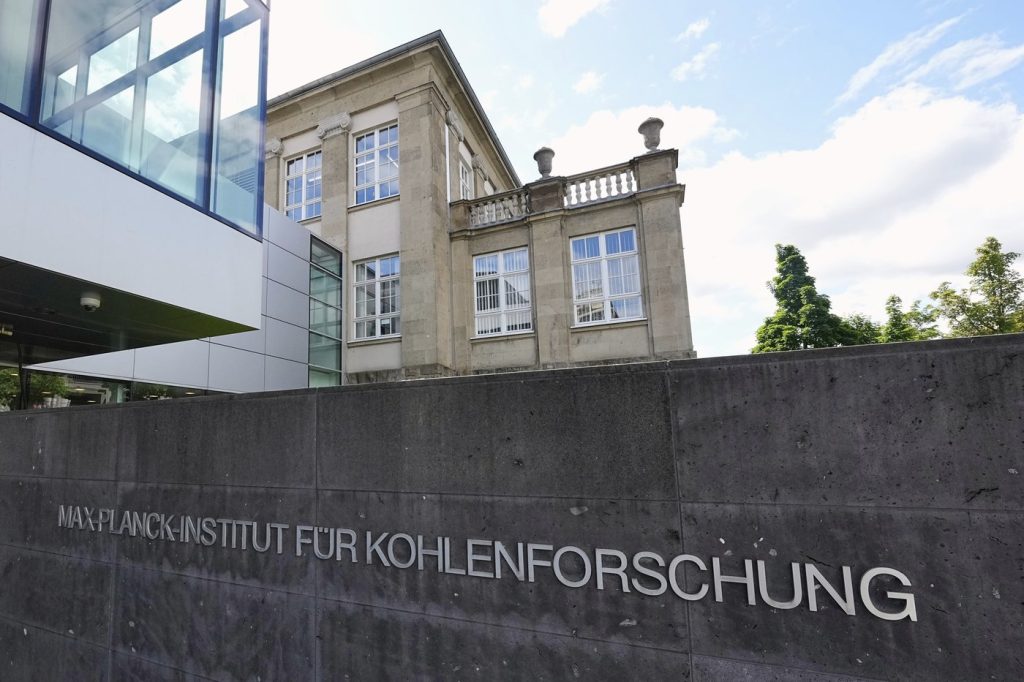The Trump administration significantly altered the landscape of scientific research funding in the United States, resulting in billions of dollars in cuts that left thousands of scientists unemployed or without grants. As a consequence, international governments and academic institutions began to recognize an opportunity to attract displaced talent from the U.S. For instance, Canada's "Canada Leads" initiative, initiated in April, aims to draw early-career biomedical researchers northward, fostering innovation at home while providing a safe and supportive environment.
Similarly, Aix-Marseille University in France launched the "Safe Place for Science" program in March to welcome American scientists who may feel threatened or restrained due to the current political climate. Furthermore, Australia introduced its "Global Talent Attraction Program" in April, which offers competitive salaries and relocation packages to entice international researchers.
Anna-Maria Arabia, head of the Australian Academy of Sciences, highlighted that there exists a unique opportunity for Australia to attract top talent from the U.S. She referred to the ongoing shifts as an "unparalleled opportunity" for her country, capitalizing on the challenges faced by scientists in the U.S.
Historically, since World War II, the U.S. has been a leader in scientific research investment through independent universities and federal agencies. This funding has led to groundbreaking advancements, including the development of cell phones, the internet, and innovative medical treatments. However, the recent cuts fueled by the Trump administration have raised concerns about the stability and future of the U.S. research system.
The Trump administration has claimed a need to review federal science spending for waste and inefficiency, resulting in significant reductions in staff levels and grant funding at key institutions like the National Institutes of Health (NIH) and NASA. The proposed budget for the following year, which suggests a 40% cut to the NIH and a 55% cut to the National Science Foundation, has provoked widespread concern among the scientific community.
The immediate effects of these funding cuts have already been felt, with numerous universities imposing hiring freezes, laying off personnel, and halting new graduate student admissions. Additionally, international collaboration is at risk, prompting many foreign institutions to consider recruitment as a way to fill the gaps created by U.S. policies. Brad Wouters from Canada’s University Health Network stated there is a considerable pool of talent impacted by the current situation in the U.S.
Around the world, educational institutions are incentivizing researchers with promises of academic freedom, a key concern for many American scientists feeling stifled. The European Commission plans to legally enshrine the freedom of scientific research, as part of the "Choose Europe for Science" initiative. Moreover, Aix-Marseille University's Eric Berton emphasized that American researchers prioritize the ability to conduct their research without restrictions over monetary compensation.
Though it remains uncertain how many scientists may choose to relocate, preliminary data indicates a notable uptick in interest from U.S. researchers. Almost half of the applications for Aix-Marseille University's program came from American scientists, indicating a trend wherein U.S. applicants for international positions are rising sharply, especially in fields like artificial intelligence and astrophysics. The Max Planck Society in Germany also reported a tripling of applications from U.S. researchers for its gender-focused Lise Meitner Excellence Program.
Despite the enticing offers from foreign institutions, potential candidates face practical barriers such as language differences, childcare, and variations in national pension programs. The emotional weight of leaving family and friends is another significant consideration for many researchers contemplating a move abroad.
Brandon Coventry, a postdoctoral fellow at the University of Wisconsin-Madison, expressed his reluctance to leave, citing significant personal ties while applying for positions in Canada and France. Similarly, Marianna Zhang, who lost her National Science Foundation grant while studying racial and gender stereotypes, described the decision to leave as complex, noting that escaping to another country is not a straightforward solution.
The recruitment programs differ widely in scope, from localized initiatives aimed at attracting a few researchers to continent-wide strategies like "Choose Europe." However, there is skepticism about whether these efforts will be able to match the massive funding and positions being lost in the U.S.
Experts warn that the ongoing funding cuts could have detrimental effects on global scientific collaboration, with shared resources and knowledge at risk due to reductions in U.S. contributions. Patrick Cramer from the Max Planck Society underscored the global nature of science and the potential losses that could occur if collaborations are disrupted. The sentiment among international researchers is one of concern, with the U.S. historically regarded as a model for scientific inquiry and advancement.











